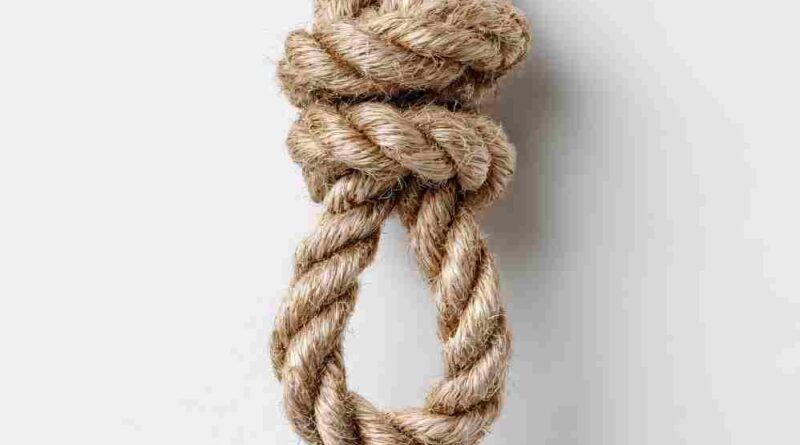Tragedy in Ballia: Young Woman’s Death Sparks Questions Around Domestic Abuse and Mental Health
A quiet village in Uttar Pradesh’s Ballia district is reeling in shock after the heartbreaking death of a young woman who allegedly died by suicide under circumstances that have raised serious concerns about domestic abuse and emotional trauma. The woman, aged just 24, was found hanging inside her home earlier this week, sending ripples through the community and reigniting long-standing conversations about women’s safety behind closed doors.
Local authorities have since detained her husband and mother-in-law after preliminary investigation revealed troubling signs of persistent harassment within the household. According to police, the woman had been married for less than three years—a time often considered the most vulnerable phase for young brides in traditional Indian households. What’s emerging now is a disturbing picture of emotional cruelty that may have been quietly endured for far too long.
Whispers Behind Walls
Neighbors recalled the young woman as “soft-spoken” and “reserved.” While no one had witnessed overt violence, several community members admitted they occasionally heard raised voices and arguments from inside the house. “She never complained directly,” said a local woman who lives a few doors down. “But we could feel she was not happy. There was a sadness in her eyes.”
The woman’s family, devastated and shaken, claim she had expressed distress on multiple occasions, hinting at constant taunts and mental pressure. “She would call and cry, but she always said she was trying to adjust,” said her elder brother. “We had no idea it had reached this point.”
Allegations of Harassment
The police have registered a case under relevant sections related to abetment of suicide and domestic cruelty. The arrested husband and his mother are currently in judicial custody. Authorities are examining call records, diary entries, and testimonies from family and neighbors to build a clearer timeline of the events that may have led to the woman’s final moments.
According to initial reports, her husband and mother-in-law allegedly subjected her to routine belittling, criticism, and mental torment—classic patterns in many cases of psychological domestic abuse. “Sometimes, it’s not bruises but words that kill slowly,” said a women’s rights activist in Ballia who is familiar with similar cases in the region. “And when emotional pain is ignored or dismissed, it becomes deadly.”
A Silent Crisis
This incident is not an isolated one. According to recent NCRB data, thousands of women in India die by suicide every year, and a significant number of those cases are linked to domestic distress. In rural areas like Ballia, where traditional expectations often suppress women’s autonomy, many suffer in silence—either out of fear, societal pressure, or lack of access to support systems.
“There is still a dangerous stigma around speaking up against one’s husband or in-laws,” said the activist. “And this makes it harder for women to seek help even when they are drowning emotionally.”
The Need for Early Intervention
Mental health experts emphasize that emotional abuse can be just as damaging—if not more—as physical violence. Continuous exposure to verbal humiliation, isolation, or manipulation can erode a person’s sense of self-worth and lead to severe depression. In this case, the absence of any immediate signs of physical injury does not negate the possibility of prolonged mental suffering.
Had there been timely support or intervention—be it from family, friends, or a local women’s helpline—the outcome might have been different.
A Wake-Up Call for All
The tragic loss of a young life in Ballia is a sobering reminder that not all wounds are visible, and not every cry for help is loud. It raises urgent questions about how society views marriage, in-law dynamics, and the mental health of women navigating these difficult roles.
This incident also spotlights the urgent need for better community awareness, mental health outreach, and legal protections that extend beyond physical abuse. Empowering women to speak without fear and creating safe environments for them to do so is no longer optional—it’s essential.
As the investigation continues, the victim’s grieving family hopes for justice—not only for their daughter but for countless others trapped in similar cycles of silent suffering.
“We couldn’t save her,” her brother said with tears. “But maybe her story will make someone else speak up before it’s too late.”
Disclaimer
The information and content shared on digitalgithub.com — including articles, blogs, news, guides, and other resources — is intended for general informational and educational purposes only. We do not guarantee the completeness, reliability, or suitability of any information. Always seek the guidance of a qualified professional before making decisions based on the information you read. Use this site at your own risk.

